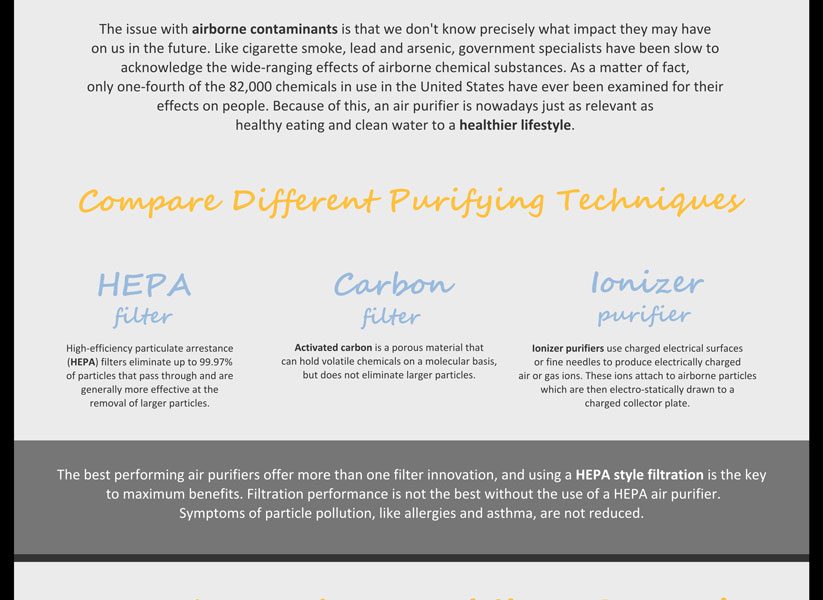Significant Oversights To Keep An Eye Out For When Establishing A Heat Pump
Significant Oversights To Keep An Eye Out For When Establishing A Heat Pump
Blog Article
Team Author-Garrison Carson
When installing a heatpump, you have to avoid common mistakes that can threaten its efficiency. Neglecting proper sizing may lead to ineffectiveness and greater utility expenses. Overlooking insulation and sealing might lead to energy wastage and pressure on the system. Moreover, positioning the outside device improperly may influence its performance. By avoiding these mistakes, you can ensure ideal operating and durability of your heat pump system.
Improper Sizing of Heatpump
When it pertains to the setup of heat pumps, among the most usual errors is poorly sizing the system for your area. Making sure the ideal dimension is crucial for ideal efficiency. If https://fernandomgezu.bloggerbags.com/36401681/make-enlightened-choices-pertaining-to-heat-pump-fixing-solutions-by-looking-for-important-concerns-that-can-help-you-prevent-unneeded-time-expense-and-problems-figure-out-just-how-in-this-guide is too small, it will struggle to warmth or cool your area efficiently, bring about boosted energy expenses and possible wear and tear on the system.
On the other hand, if the heat pump is as well big, it will certainly cycle on and off frequently, creating temperature changes and lowering its lifespan.
To avoid this mistake, it's vital to have a professional examine your room and recommend the suitable size of the heatpump based on variables like square video footage, insulation, ceiling elevation, and regional environment. By investing the moment and initiative to make sure the correct sizing, you can take pleasure in a comfortable atmosphere while optimizing power efficiency and lengthening the lifespan of your heatpump.
Inadequate Insulation and Sealing
To ensure the efficient procedure of your heatpump, it's essential to deal with poor insulation and sealing in your area. installation service helps maintain a consistent temperature level inside, lowering the workload on your heatpump. Inadequate insulation can result in energy loss, making your heatpump work harder and less efficiently.
Securing any type of gaps or leaks in your room is equally crucial. https://best-hvac-contractors-nea09764.bleepblogs.com/31704543/secret-bad-moves-to-prevent-throughout-the-installation-refine-of-heat-pumps allow conditioned air to escape and outside air to leak in, compeling your heatpump to make up for the temperature changes.
Wrong Placement of Outdoor Unit
Addressing the placement of your heatpump's outdoor unit is vital to maximizing its efficiency. Setting up the exterior unit in a wrong place can result in effectiveness issues and potential damages to the device.
https://www.consumerreports.org/home-safety/your-home-has-hidden-dangers-these-fixes-will-keep-you-safe/ to avoid is putting the outdoor device also near a wall surface or other frameworks. This can restrict air flow, triggering the device to function tougher to heat or cool your area, eventually decreasing its performance and lifespan.
One more mistake to steer clear of is placing the exterior device in direct sunshine. While some sunlight is inevitable, extreme direct exposure can result in getting too hot, specifically throughout warm summer season days. It's best to position the exterior system in a shaded area to aid maintain its ideal operating temperature.
Furthermore, ensure that the outside device is placed on a stable and level surface. Uneven ground can cause vibrations and unnecessary pressure on the unit, influencing its efficiency with time.
Final thought
To conclude, avoiding common blunders during heat pump installment is vital for optimizing performance and durability of your system. By making sure proper sizing, ample insulation, securing, and appropriate positioning of the exterior system, you can avoid problems such as inadequacies, increased energy bills, and strain on the system. Putting in the time to resolve these key elements will inevitably conserve you money and time in the long run.
